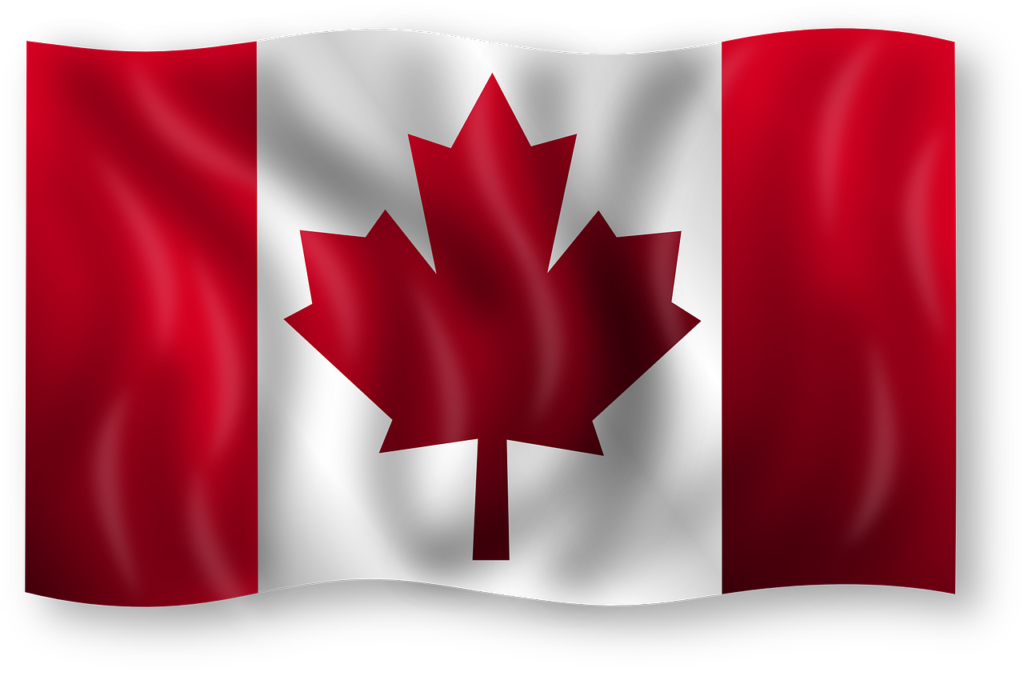As numerous shoppers pack local malls to hunt for Black Friday deals, Dianne Debarros will be on the lookout for discounted toys and laptops her kids will soon need for school. The Sarnia, Ont., woman has already started her Christmas shopping. Still, she wants to supplement her purchases on a trip to Real Canadian Superstore, where the chain is doling out loyalty program points in exchange for $100 in purchases in some of its departments.
“I feel like the last couple of years, the sales and the prices weren’t very good, but this year the prices seem to be reasonable and the incentives are there,” Debarros said. She and her partner, Tom, run a deal-hunting social media account on Instagram and TikTok.
Canadians experiencing financial stress this year will find solace in the annual wave of discounts, door crashers, and sales that accompany the holiday season. Inflation continues to surpass the Bank of Canada’s two percent target, resulting in high prices for household goods and major purchases. Additionally, higher interest rates have caused mortgage payments to increase for many homeowners. As a result, more Canadians are actively seeking deals and reducing their holiday spending. Deloitte predicts the average Canadian shopper will spend $1,347 this holiday season, down 11 percent from last year.
Roughly half of the more than 1,000 Canadians the consultancy company surveyed plan to buy only what their family needs this holiday season. Seventy-one percent will seek items on sale and 29 percent will seek less expensive retailers to shop at.
“Canadians are looking to really stretch their dollar,” said Debarros.
Meanwhile, the day wasn’t always one of the most significant shopping occasions. Its origins date back to the 1960s, when people would flock to Philadelphia near U.S. Thanksgiving and an annual army football game hosted in the city. Police reportedly had to work long hours and cope with an influx of sometimes rowdy visitors, inspiring them to begin calling the period Black Friday.
Retailers – hoping to lure in customers – eventually adopted the name and started using the date to offer sales. Over time, Black Friday sales spread across the country and in more recent years, to Canada. Now, it’s so routine for stores to offer Black Friday sales that many have extended the practice through November. But some argue the lengthier nature of the sales period has made the day itself less critical to Canadians.
“The Black Friday day has lost its lustre,” said Nick Muriella, vice-president of merchandising and supply chain at Toys “R” Us Canada.
His observation came a week before Black Friday. By then, many stores had already offered sales since the start of November, so he concluded Black Friday has “just become another way to say sale.”
Staples Canada began its sales on Nov. 1 because it noticed consumers shopping earlier.
“They’re really trying to not leave it last minute,” said Rachel Huckle, the retailer’s president and chief operating officer.
“What we’ve heard from many customers is that when they’ve left it last minute, they’re usually rushing and as a result, they’re making maybe decisions that they wouldn’t have made from a certain price point out of frankly, desperation.”
Some chains introduced guarantees that some of their products will not see their prices drop further this holiday season to contain the rush, giving shoppers confidence in their purchases.
Despite the extended sales and the guarantee, Huckle still anticipates a significant influx of shoppers at her company’s stores on Black Friday. For many, this day marks the beginning of their holiday shopping spree.




